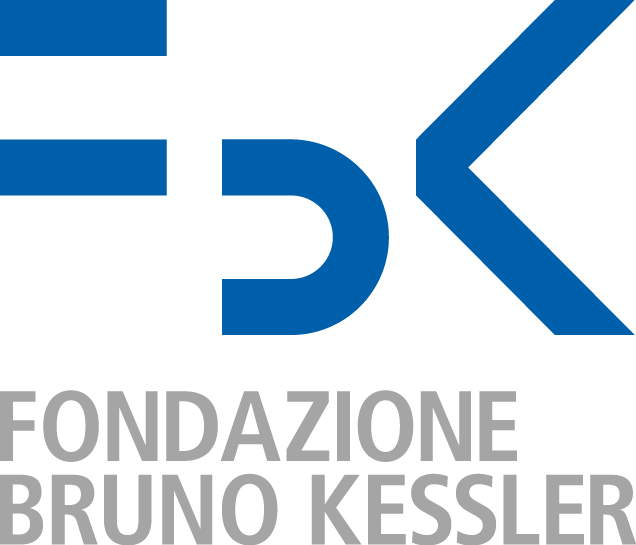Recently there have been dramatic advancements in accelerator technologies, detection techniques and on the theoretical side, algorithms for first-principle QCD analyses. These have led to several candidates for possible "exotic" hadrons, i.e., quark-gluon hybrids or quark-hadron molecular states. It thus appears that interpretation of the entire hadron spectrum in terms of the most naive constituent quark model is no longer possible. If confirmed, such exotic hadrons could drastically alter our understanding of strong QCD and shed new light on the confinement of quarks. Given the wide interest in hadron spectroscopy, the Joint Physics Analysis Center (JPAC) has been dedicated to the development of theoretical and phenomenological analysis methods for the analysis of hadron reactions. Amplitude models based on principles of S-matrix theory are developed for various reactions of interest to the hadron physics community and QCD practitioners. JPAC members work in close collaboration with experimentalists on implementing theoretical innovations into the existing data analysis streams.


